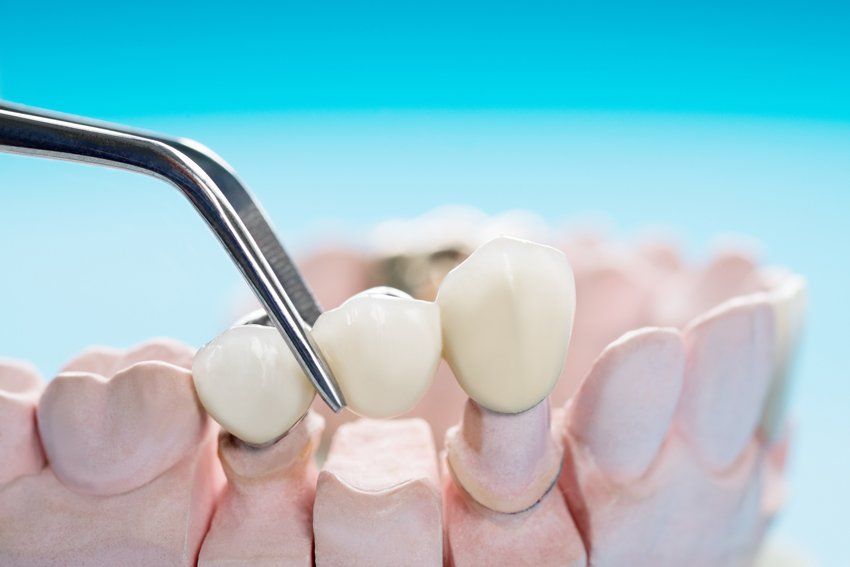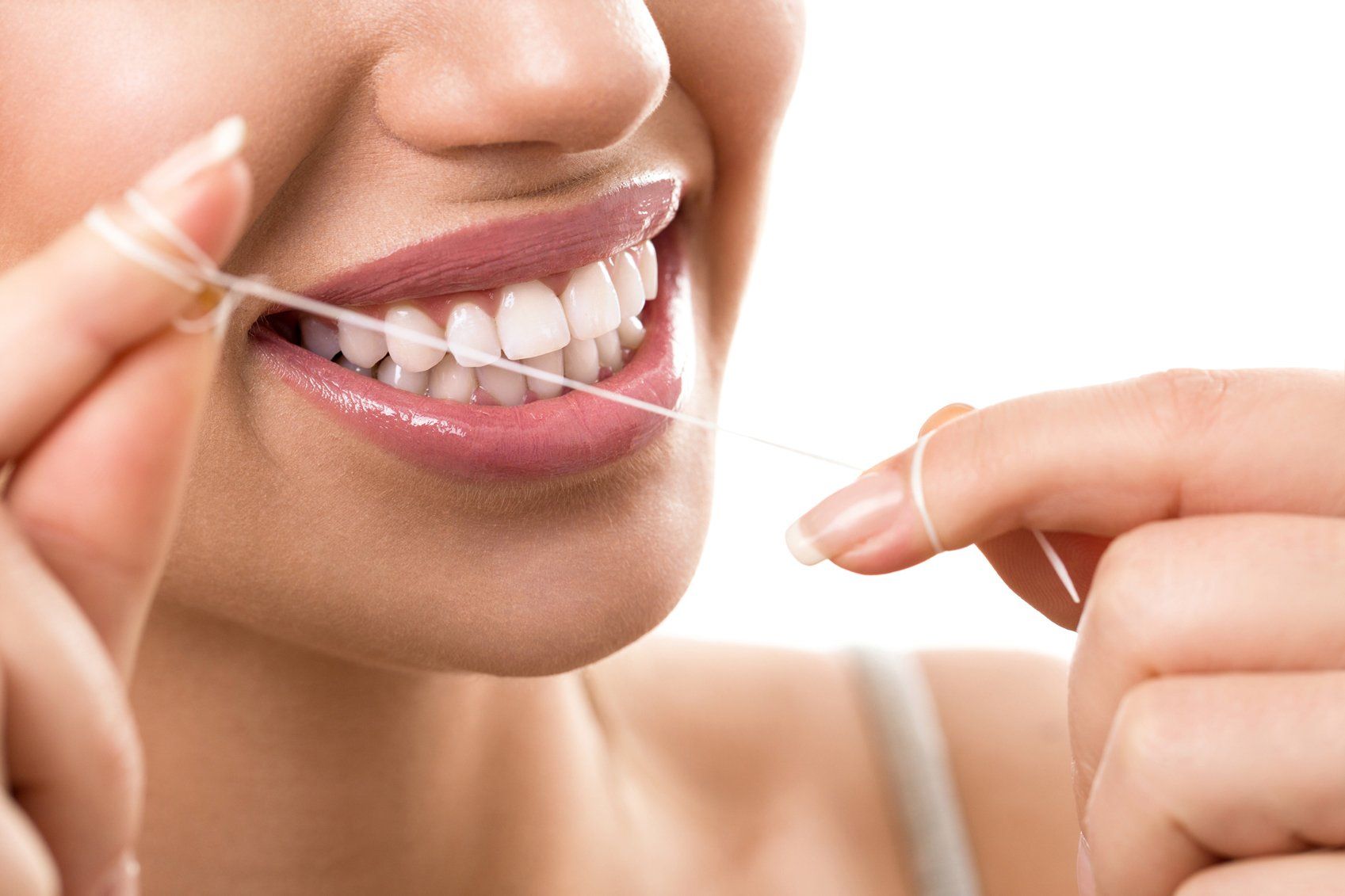What Every Dental Patient Should Know About Water Flossers
February 5, 2020

Water flossers, also known as oral irrigators, are a relatively modern product. Several versions are available, such as a countertop version, a handheld version, and even one that installs in your shower and uses only water pressure to run. But before you decide to try a water flosser, you probably want to know a little more about them.
And since water flossers can be a great tool for home dental care, every dental patient should know the basics about water flossers. Here are some facts you should know about these tools and how they're used.
Water Flossers Are Gentle and Can Reduce Bleeding
If you haven't flossed your teeth enough recently, you may find that your gums bleed a lot when you start up again. A water flosser can be a great way to ease back into this habit because water flossing helps to reduce gum bleeding. If you're a bit squeamish about blood or just find that the bleeding and swelling is hard to stomach, water flossing may help.
Water Flossers Help Clean Hard-to-Reach Spots
Your dentist may recommend gentle flossing techniques to avoid gum damage. But if your teeth are so close together that even specialized gliding floss can't get in without a lot of force, you could end up irritating your gums if you floss daily. In this scenario, you should talk to your dentist about potentially using a water flosser. They're great for people with braces too.
Water Flossers Have Been Shown to Remove Plaque
One reason you may be wary about trying a water flosser is because it just shoots water at your teeth, which may sound similar to just swishing water around in your mouth. However, because of the force of the targeted stream the water flosser sprays, it can actually clean your teeth (similar to a pressure washer, although much gentler of course).
In fact, at least one study shows that a water flosser (or at least one specific model) does have the effect of from teeth. When combined with the ease of use and gentler effects of a water flosser, this evidence can make water flossing very attractive.
Water Flossers Aren't Recommended to Replace String Floss
Although they may remove plaque and reduce gum bleeding, water flossers are still a relatively new product. Many dentists prefer to recommend what they know will work: string floss. So unless you have extenuating circumstances and your dentist agrees string floss just doesn't work for you, they typically won't recommend that you switch over entirely.
In addition, water flossing uses a different methodology for plaque removal than string floss does. As such, it may have different strengths and weaknesses, so it can never be completely interchangeable with string floss. However, your dentist may recommend that you use a water flosser in addition to more traditional flossing methods.
Water Flossers Can Deliver Medicated Mouthwash
One function a water flosser has that string floss doesn't is delivering medicated mouthwash. If you have a prescription for medicated mouthwash, a water flosser can help to spread the medication deep into the gum pockets that would be difficult to reach otherwise.
As you can see, the question of to water floss or not to water floss isn't always a simple one. However, water flossers can be quite affordable now (especially the handheld size), so if you think you'll benefit from one, give it a try. Just be sure to talk to your dentist about your oral hygiene before deciding to partially or completely replace string floss with water flossing.
For great professional dental care and guidance on home dental cleaning, call the office of P.A. Daniel Jr., D.D.S.
, today and schedule an appointment.












